Add to Wishlist
Molecular Biology And Flowering Plants
By Ray Read
Publisher: Alexis Press LLC
$135.00
ISBN 13: 979-8-89143-230-7
YEAR: 2024
eBOOK
Instant Delivery
SKU:
ALX-AG-230-7
Category:
Agriculture
Additional information
| Access Type | Download eBook, Read Only |
|---|
Be the first to review “Molecular Biology And Flowering Plants” Cancel reply
You must be logged in to post a review.
Purchase now to read the book online.
Select optionsRelated products
Agricultural Soil Science
$135.00
Prior to the development of pedology in the 19th century, agricultural soil science was the only branch of soil science. The bias of early soil science toward viewing soils only in terms of their agricultural potential continues to define the soil science profession in both academic and popular settings as of 2006.
Agricultural Soil Science
$135.00
Prior to the development of pedology in the 19th century, agricultural soil science was the only branch of soil science. The bias of early soil science toward viewing soils only in terms of their agricultural potential continues to define the soil science profession in both academic and popular settings as of 2006.
Agriculture in the United States
$135.00
Prominent Agricultural Scientists
By Brice Powell
$135.00
Agricultural Scientist is the one who is a specialist in analyzing farming methods and food production methods to enhance safety and crop yield. Through research, an agricultural scientist works on new and innovative ways to increase the quality of food grown and supplied. In complete coordination with the scientific community and policy-makers, an agricultural scientist reaches the solution.
Prominent Agricultural Scientists
By Brice Powell
$135.00
Agricultural Scientist is the one who is a specialist in analyzing farming methods and food production methods to enhance safety and crop yield. Through research, an agricultural scientist works on new and innovative ways to increase the quality of food grown and supplied. In complete coordination with the scientific community and policy-makers, an agricultural scientist reaches the solution.
The Science Of Vegan Food
$135.00
Disciplines In Agriculture
By Willy Osborn
$135.00
Agricultural science is a broad multidisciplinary field of biology that encompasses the parts of exact, natural, economic, and social sciences that are used in the practice and understanding of agriculture. Professionals of agricultural science are called agricultural scientists or agriculturists.
Disciplines In Agriculture
By Willy Osborn
$135.00
Agricultural science is a broad multidisciplinary field of biology that encompasses the parts of exact, natural, economic, and social sciences that are used in the practice and understanding of agriculture. Professionals of agricultural science are called agricultural scientists or agriculturists.
Pests And Diseases
By Lee Palmer
$135.00
Together pests and diseases cause up to 40% yield losses every year. The animal groups of the most significant importance as agricultural pests are (in order of economic importance) insects, mites, nematodes, and gastropod mollusks. Insects are responsible for two major forms of damage to crops. First, there is the direct injury they cause to the plants as they feed on the tissues; a reduction in leaf surface available for photosynthesis, distortion of growing shoots, a diminution of the plant's growth and vigor, and the wilting of shoots and branches caused by the insects' tunneling activities.
Pests And Diseases
By Lee Palmer
$135.00
Together pests and diseases cause up to 40% yield losses every year. The animal groups of the most significant importance as agricultural pests are (in order of economic importance) insects, mites, nematodes, and gastropod mollusks. Insects are responsible for two major forms of damage to crops. First, there is the direct injury they cause to the plants as they feed on the tissues; a reduction in leaf surface available for photosynthesis, distortion of growing shoots, a diminution of the plant's growth and vigor, and the wilting of shoots and branches caused by the insects' tunneling activities.
Agricultural Economics
By Brook Fraser
$135.00
Agricultural economics is an applied field of economics concerned with the application of economic theory in optimizing the production and distribution of food and fiber products. Agricultural economics began as a branch of economics that specifically dealt with land usage.
Agricultural Economics
By Brook Fraser
$135.00
Agricultural economics is an applied field of economics concerned with the application of economic theory in optimizing the production and distribution of food and fiber products. Agricultural economics began as a branch of economics that specifically dealt with land usage.
Organic Gardening And Farming Techniques
By Nicky George
$135.00
Organic agricultural methods are internationally regulated and legally enforced by many nations, based in large part on the standards set by the International Federation of Organic Agriculture Movements (IFOAM), an international umbrella organization for organic farming organizations established in 1972. Organic agriculture can be defined as "an integrated farming system that strives for sustainability, the enhancement of soil fertility and biological diversity while, with rare exceptions, prohibiting synthetic pesticides, antibiotics, synthetic fertilizers, genetically modified organisms, and growth hormones".
Organic Gardening And Farming Techniques
By Nicky George
$135.00
Organic agricultural methods are internationally regulated and legally enforced by many nations, based in large part on the standards set by the International Federation of Organic Agriculture Movements (IFOAM), an international umbrella organization for organic farming organizations established in 1972. Organic agriculture can be defined as "an integrated farming system that strives for sustainability, the enhancement of soil fertility and biological diversity while, with rare exceptions, prohibiting synthetic pesticides, antibiotics, synthetic fertilizers, genetically modified organisms, and growth hormones".
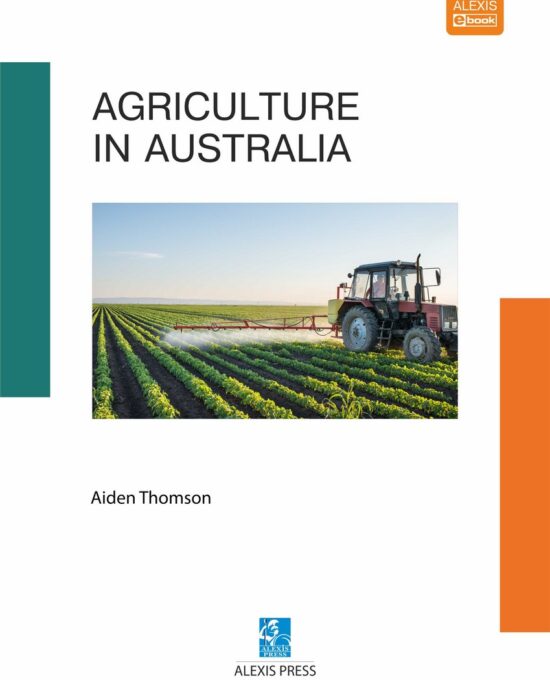

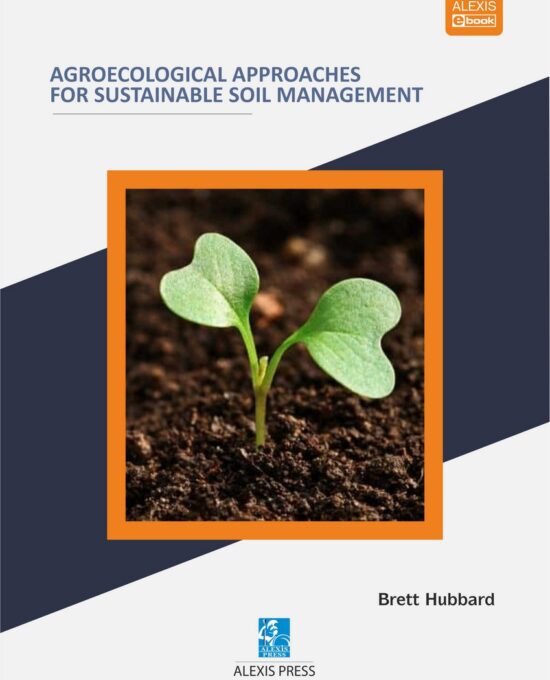

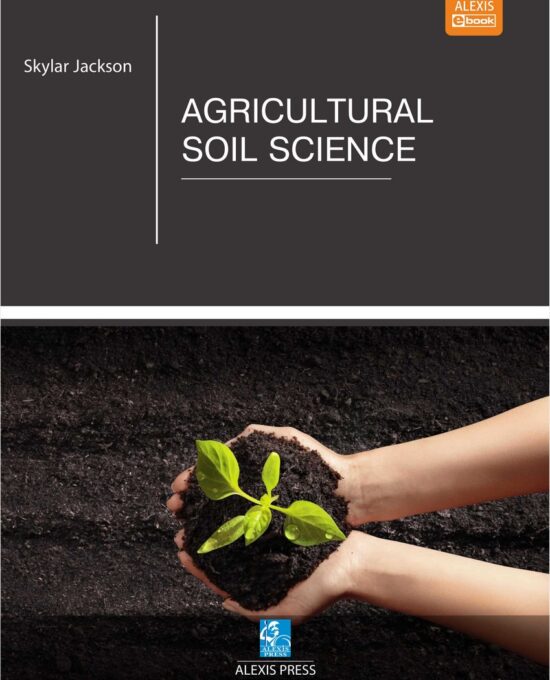
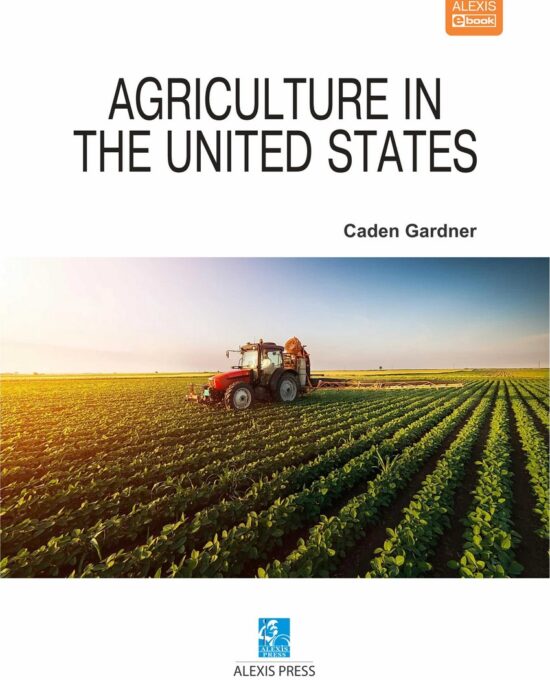
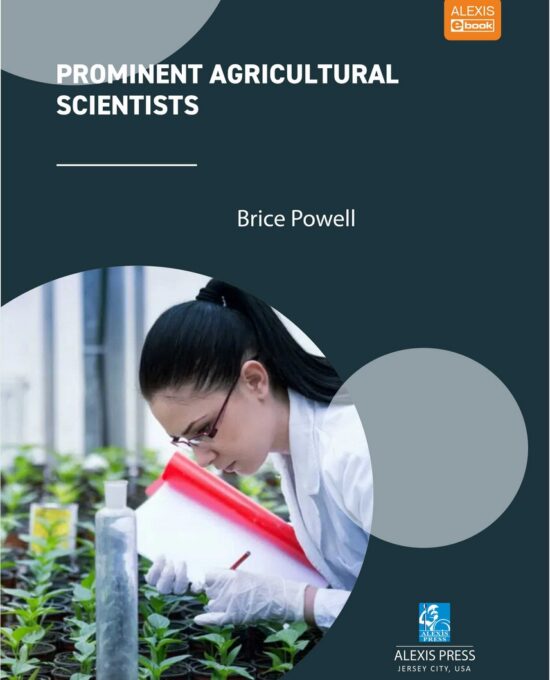

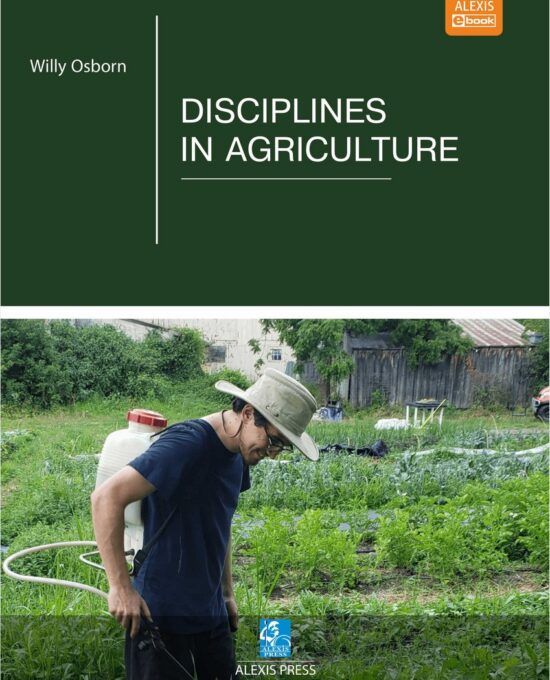
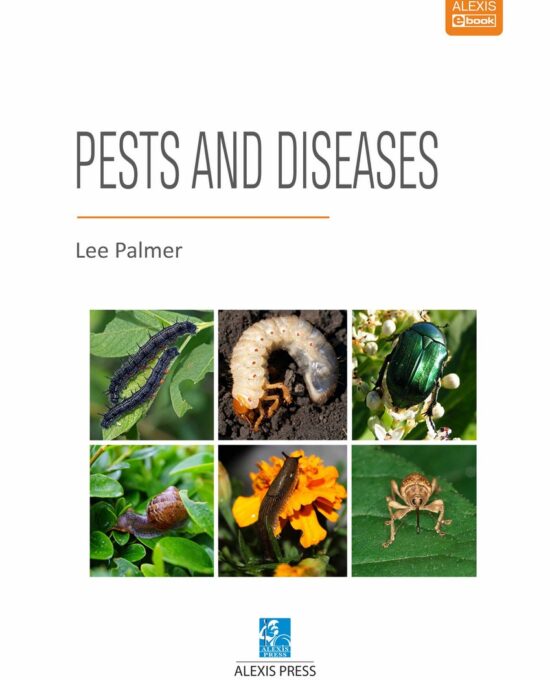
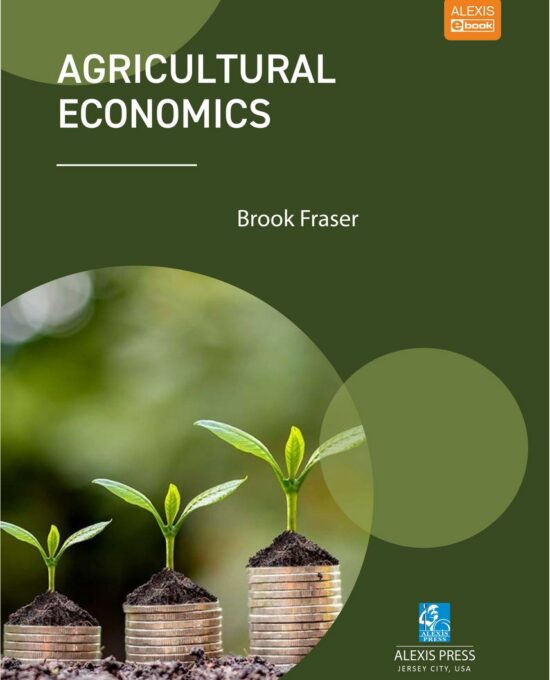
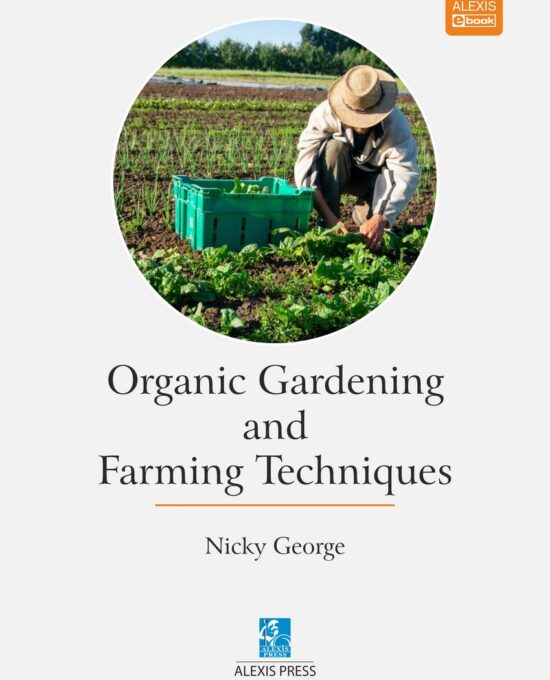
Reviews
There are no reviews yet.